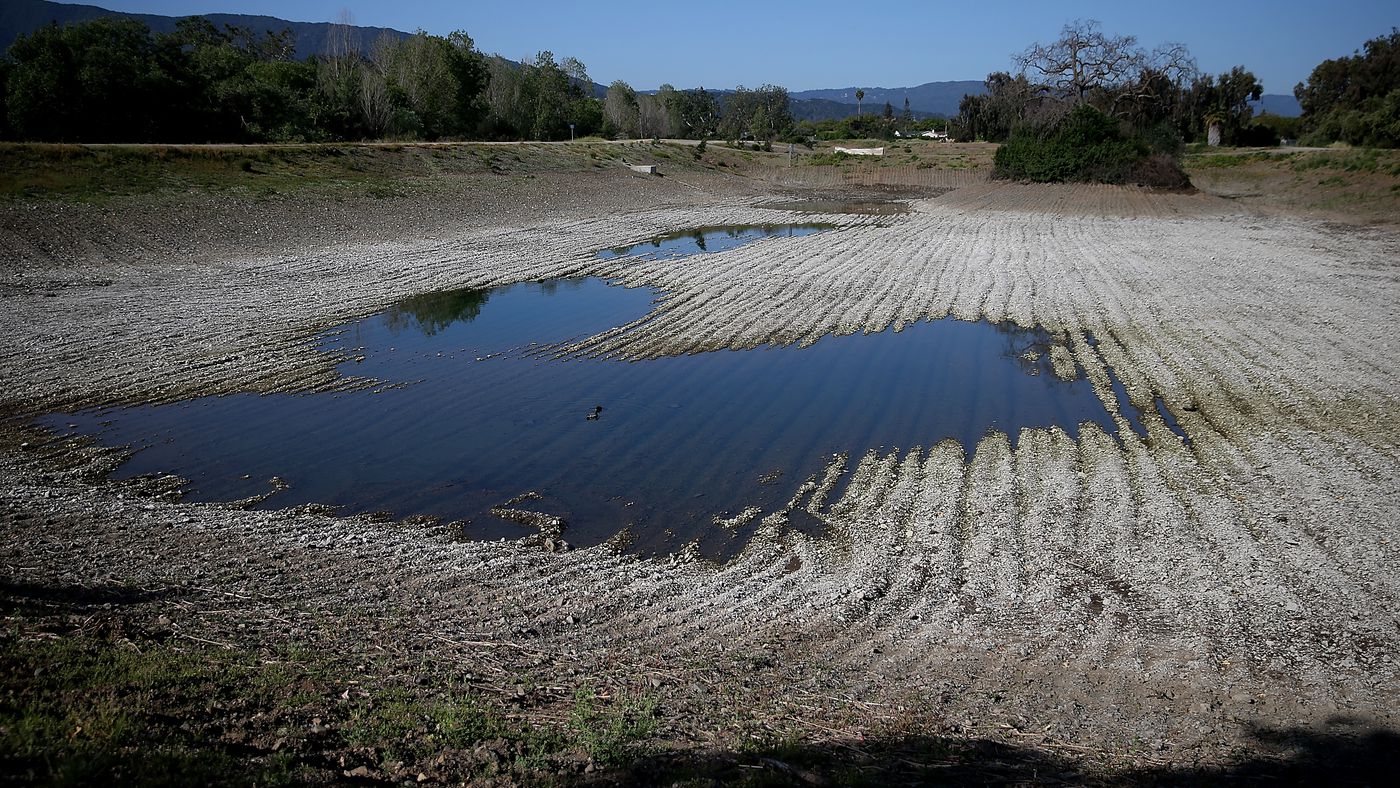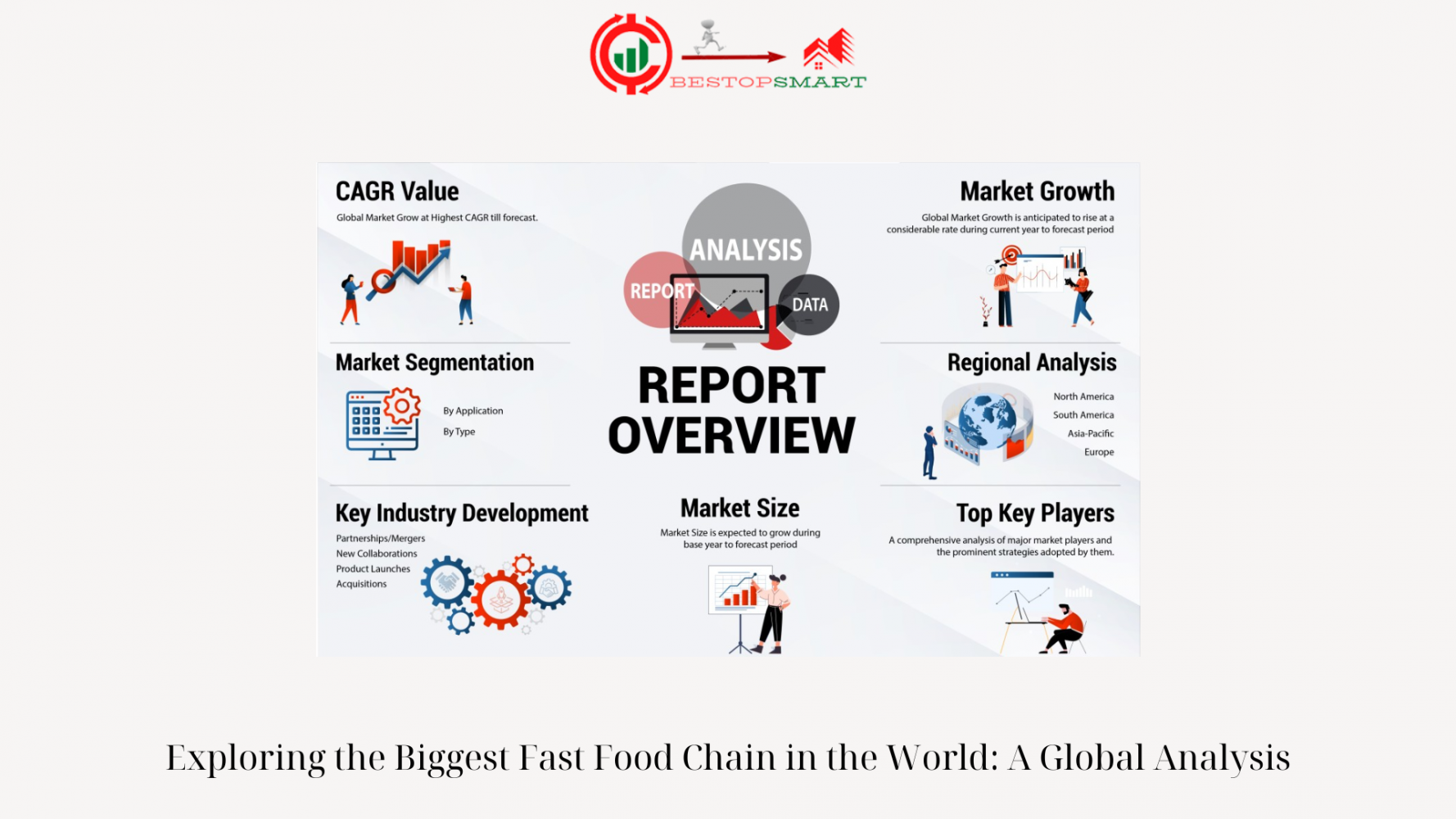The human population has successfully harnessed many of the world’s natural waterways—building dams, water wells, vast irrigation systems and other structures that have allowed civilizations to grow and thrive. But water systems are increasingly stressed, and some rivers, lakes and aquifers are drying up. Let’s learn about the reasons the world is running out of fresh water.
Contents
Reasons The World Is Running Out Of Fresh Water
More People + More Money = More Water Demand
It’s a simple equation: As populations increase and incomes grow, so does water demand. The world’s population, now at 7.5 billion, is projected to add 2.3 billion more people by 2050. How can the planet satisfy their thirst? Growing incomes also exacerbate the water problem, because of the water-intensive products—like meat and energy from fossil fuels—that richer populations demand.
Groundwater Is Being Depleted
About 30 percent of Earth’s fresh water lies deep underground in aquifers. And it’s extracted daily for farming, drinking and industrial processes – often at dangerously unsustainable rates. Nowhere is this more evident than India, which guzzles more groundwater than any other country. 54 percent of India’s groundwater wells are decreasing, meaning that water is used faster than it’s replenished. Unless patterns shift, in 20 years, 60 percent of India’s aquifers will be in critical condition.
Unlike an incoming hurricane or a drained lake, the naked eye cannot see when groundwater reserves in aquifers are declining. Global water supplies are susceptible to this hidden and growing threat.
Pollution of Water
Water pollution is a huge problem, especially when you’re looking at areas that don’t necessarily have a good sewage system. Pollution can be anything from oil, to carcasses, to chemicals, and fecal matter. No matter what it is, it makes a lot of issues for the people who may need to use it.
Drought
A drought is, in short, an area especially hot and dry, which is not getting enough rainfall to be able to sustain the life that is residing there. Some areas are in a perpetual drought, whereas other areas may be dealing with a drought on occasion.
Droughts are common all over the world that may severely lower the groundwater level making it impossible for people to get water from fountains, and there is little that can be done to prevent such things from happening.
Global Warming
Global warming is another important cause of water scarcity. When our average air temperature becomes warmer, water from rivers and lakes evaporates faster, which may contribute to the drying up of water bodies.
Therefore, people who rely on those water bodies for drinking water significantly suffer from the consequences of global warming, affecting the local water supply.
Agriculture
Agriculture uses 70% of the world’s accessible freshwater, but some 60% of this is wasted due to leaky irrigation systems, inefficient application methods as well as the cultivation of crops that are too thirsty for the environment in which they are grown. This wasteful use of water is drying out rivers, lakes and underground aquifers. Many countries that produce large amounts of food—including India, China, Australia, Spain and the United States—have reached or are close to reaching their water resource limits. Added to these thirsty crops are the fact that agriculture also generates considerable freshwater pollution – both through fertilizers as well as pesticides – all of which affect both humans and other species.
Inadequate Water Infrastructure
Leaky pipes lose huge amounts of water on the way to homes in both modern and developing countries. It is estimated that in the United States 2.1 trillion gallons of treated water is lost each year from leaks. In Mexico city, aging pipes are losing 1,000 liters of water per second. Additionally, the lack of adequate water treatment is resulting in widespread pollution of freshwater resources. A UN and Pacific Institute report estimates that 2 billion tons of human, animal, and industrial waste are dumped untreated into freshwater bodies each year.
Distance
In some areas, especially arid regions, people stay far away from oasis and other sources of water like boreholes. Traveling there takes a lot of time. It is also a burden to carry water from such distant places to homes. This discourages them from going to fetch water. The result is a water shortage.


:format(jpeg)/cdn.vox-cdn.com/uploads/chorus_image/image/46550332/GettyImages-468519400.0.0.jpg)




Leave a Reply